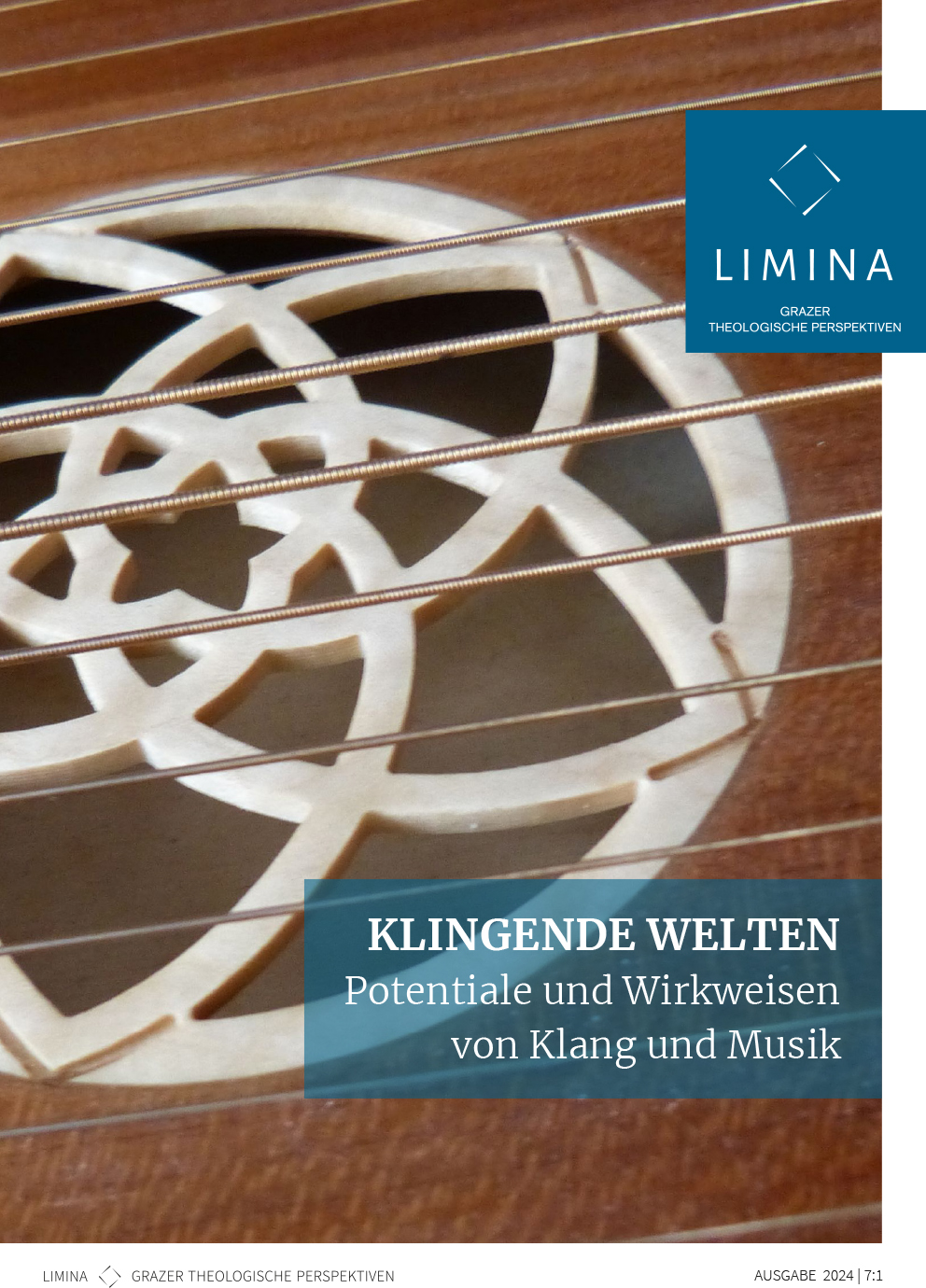Rousseau's Opera A theology of music based on his autobiography
Main Article Content
Abstract
Rousseau was as much a musician as a philosopher throughout his lifetime. The publication of his musical writings in the fifth volume of the Œuvres complètes in the Pléiade in 1995 has inspired French-speaking and English-speaking researchers to investigate Rousseau’s musicology and how it sits within his philosophy. Seminal studies on Rousseau, for example by Cassirer, Starobinski, Barth etc., demonstrate that his theoretical work can only be meaningfully interpreted through the lens of his autobiographical writing – Les Confessions (1770), Rousseau juge de Jean-Jacques. Dialogues (1776) and Les Rêveries du promeneur solitaire (1778). These treatises from the 20th century focus on Rousseau’s theological thoughts on theodicy, guilt, judgement, freedom and predestination. This article now shines a light on the subject of music in Rousseau’s autobiography. Questions are sought to be answered through an interpretive approach of pastoral theology: What role does music play in Rousseau’s turbulent life? Was it a source of solace? If yes, in what way? Could Rousseau’s relationship with music form the basis for a theology of music? This line of questioning reveals that Rousseau has conceptualised his autobiography around his opera Le Devin du village (1752) and that this conceptualisation is grounded in theology.
Article Details

This work is licensed under a Creative Commons Attribution 4.0 International License.
The author(s) retain copyright without any restriction.
LIMINA provides immediately upon publication open access to its content. The content of this journal is licensed under the Creative Commons Attribution 4.0 International Licence. By submitting a contribution, the author(s) agree(s) to the terms of use of the CC BY licence.

